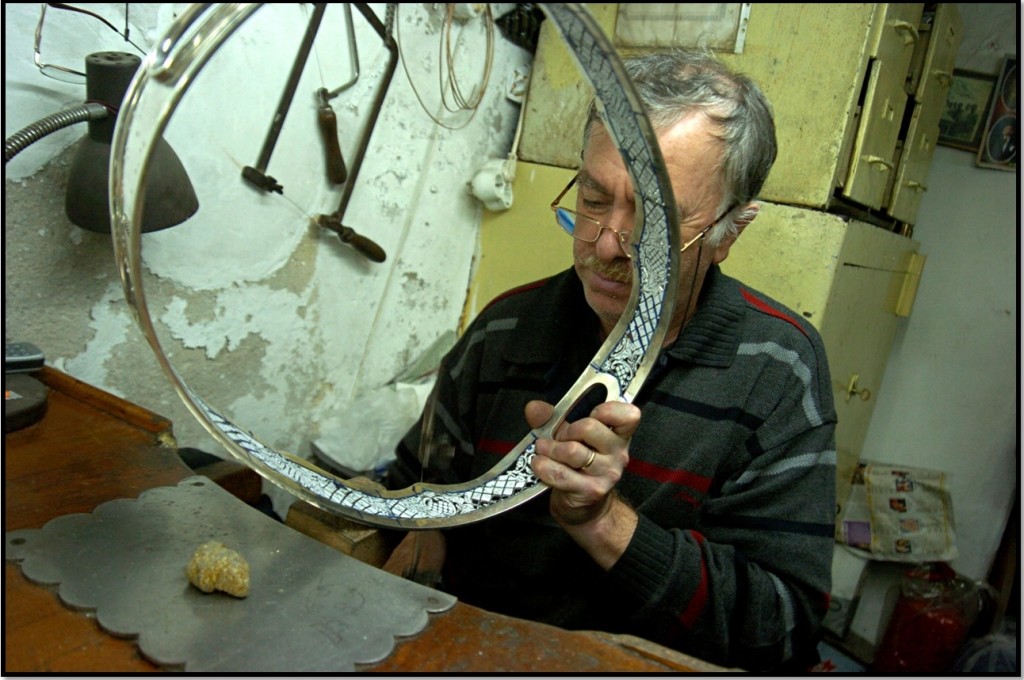A Visit to Turkey
By Maro Siranosian
36 churches, 15 schools, 18 choirs, 3 newspapers, and a handful of dance groups. This is the answer you will likely get from an Armenian living in Istanbul if you ask the question: “How many Armenian [insert institution name here]’s are there in Istanbul?” If you asked a similar question to an Armenian in Beirut or Los Angeles, chances are, you would not be satisfied with the answer you received.
The Armenians of Turkey, mostly located in the city of Istanbul, do not like to be referred to as a diaspora. After all, they are living on their ancestral lands and, along with the Armenians of Iran, represent one of the oldest Armenian communities outside of Armenia proper. Prior to 1915, there were over 4,000 Armenian churches in Turkey and an estimated 2 million Armenians. Today, the churches which remain are centered in Istanbul, with some others partly scattered across eastern Turkey, including a church in the village of Vakif (the only remaining ethnic Armenian village in Turkey) located in the province of Hatay near the Syrian border.
The Armenians in Turkey can be found in almost any commercial sector and are well represented in most trades, and even dominate in some, like the silver trade in which Armenians have been working for over 600 years. They are well integrated into Turkish society and generally enjoy the same rights as the average Turkish citizen. Of course, there are some exceptions to this, as the community does not have the right to teach Armenian history at their parochial schools.
This past November, I had the opportunity to travel to Turkey with a photographer to work on a photo project about Armenians living outside the Republic of Armenia. Almost every Armenian with whom we spoke in Istanbul expressed very positive feelings towards their Turkish compatriots. They seemed not to hold grudges and recognized certain events of the past as “history”; which, though they believed should never be forgotten, they also felt should be disregarded when dictating current relations.
Having been active in the Armenian community of Los Angeles, I had strong notions about what it meant to be Armenian. Those ideas changed when I moved to Yerevan two years ago, and traveling to Turkey to meet with the Armenian community has added yet another layer to this understanding.
The Armenians of Turkey approach the issue of the Genocide, the most salient issue for most diasporans, with much caution and prefer to live without drawing unnecessary attention to their community. Although not a single one of the Armenians we spoke with mentioned outright repression, they are well aware of the subjects which they are to avoid if they wish to live in relative peace and keep their churches and schools open. The murder of Hrant Dink, editor of the Armenian newspaper Agos based in Istanbul, is all too fresh in their memories. Dink, who was convicted by the state under Article 301 and targeted by Turkish nationalists in January 2007, played a big role in chipping away at the taboo surrounding the topic of the Genocide and awoke people’s interest in the subject.
Living in Turkey as an Armenian seems to require somewhat of an intricate balancing act. Oftentimes, efforts to simultaneously be “good citizens” of Turkey while still preserving their Armenian identities counter each other and something has to give. In certain cases what gives in the end is the former, but, according to the Armenian school principals we spoke to, accepting that Armenian history will not be taught is a relatively small price to pay to ensure that Armenian children have a school to attend where they can learn the Armenian language with their peers.
Though I cannot speak for them, it seems that the Armenians of Turkey find themselves in a paradoxical situation, struggling to preserve their Armenian identities, while at the same time being forced to sacrifice parts of that identity to be able to remain Armenian.
Unlike the Armenian communities of Los Angeles and Beirut, the Armenians of Turkey need to strive for balance while still dealing with the same issues of assimilation faced by diasporan Armenian communities. Although some may criticize the Armenians of Turkey for what they have seemingly given up, it is important to realize that they are driven by a deep understanding of what it is they stand to lose and it is only to preserve this that they sacrifice so much.



Leave a Reply
Want to join the discussion?Feel free to contribute!